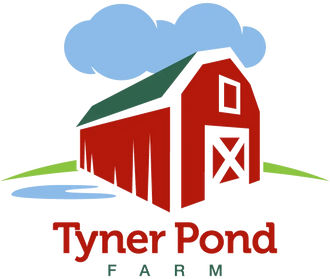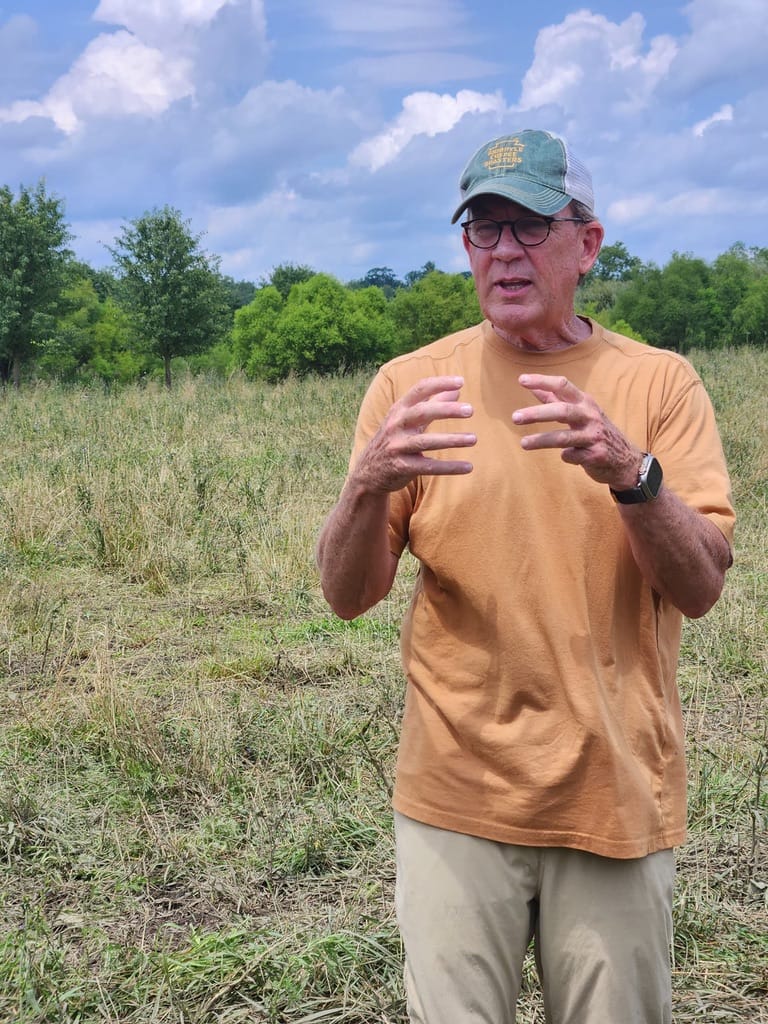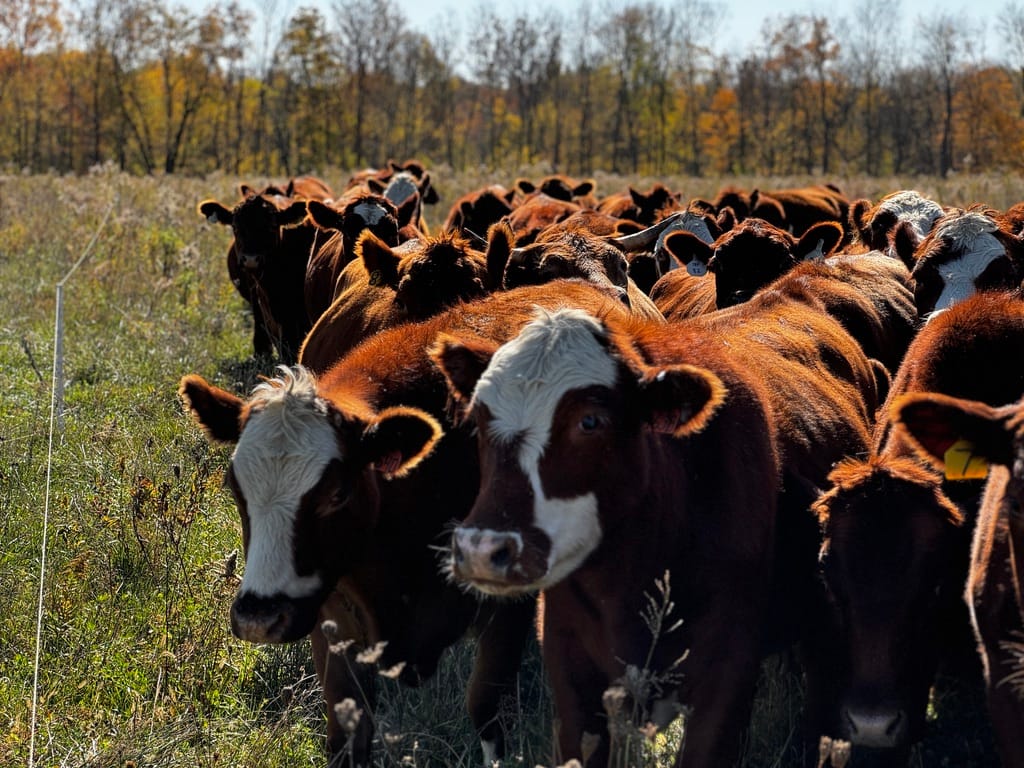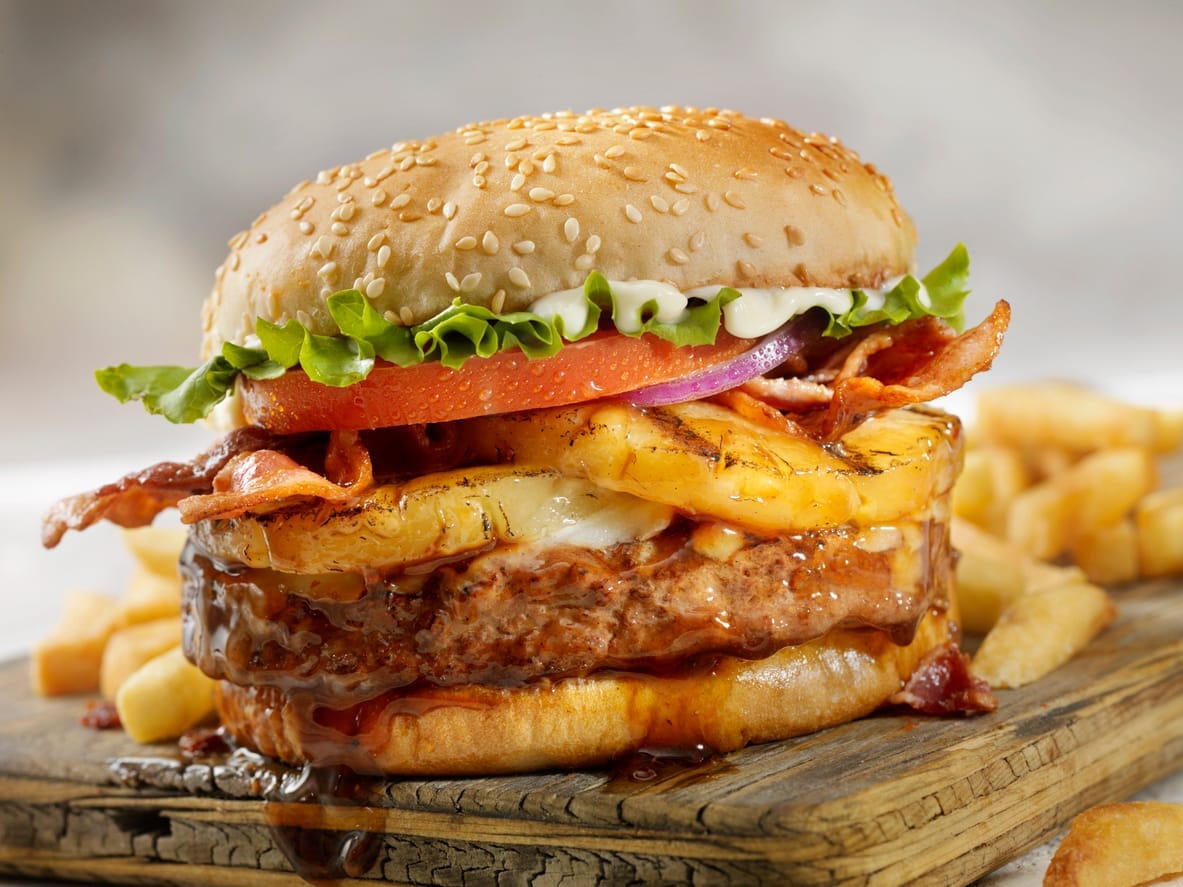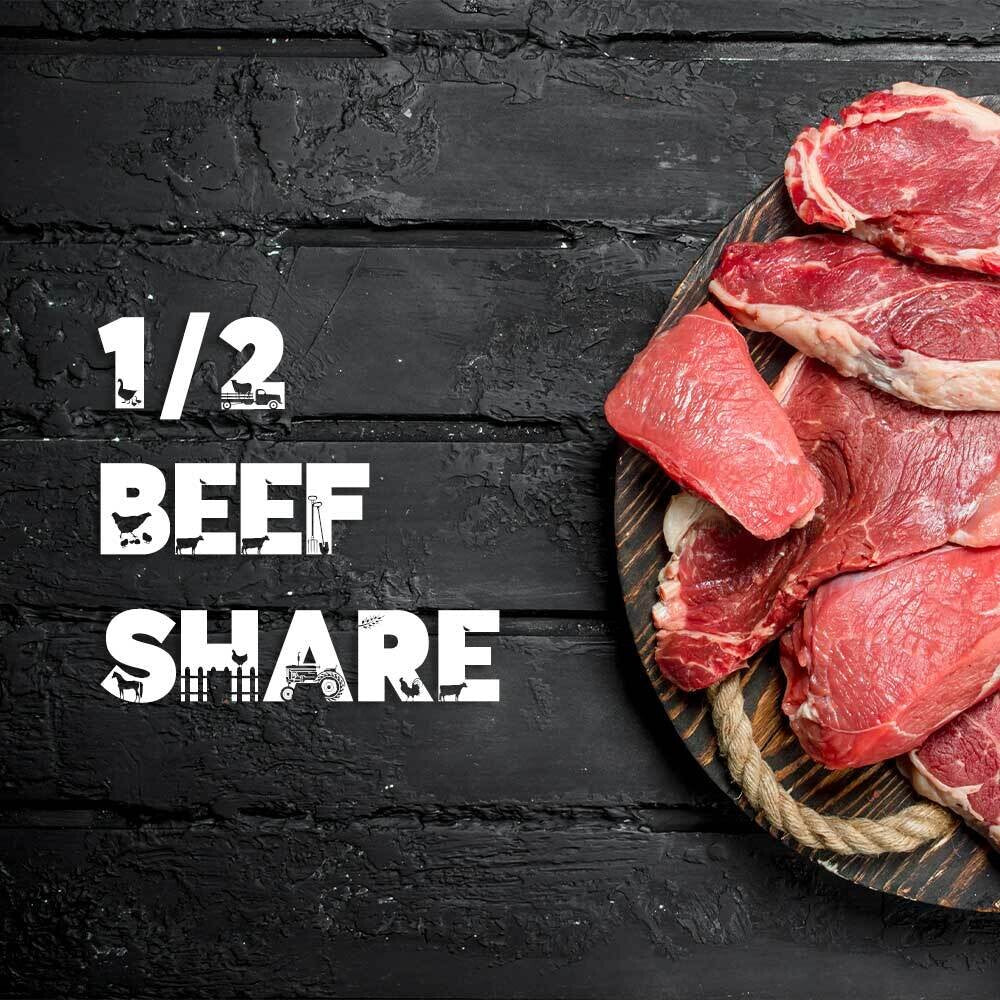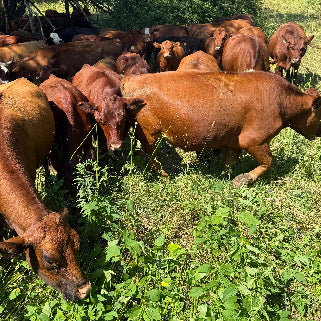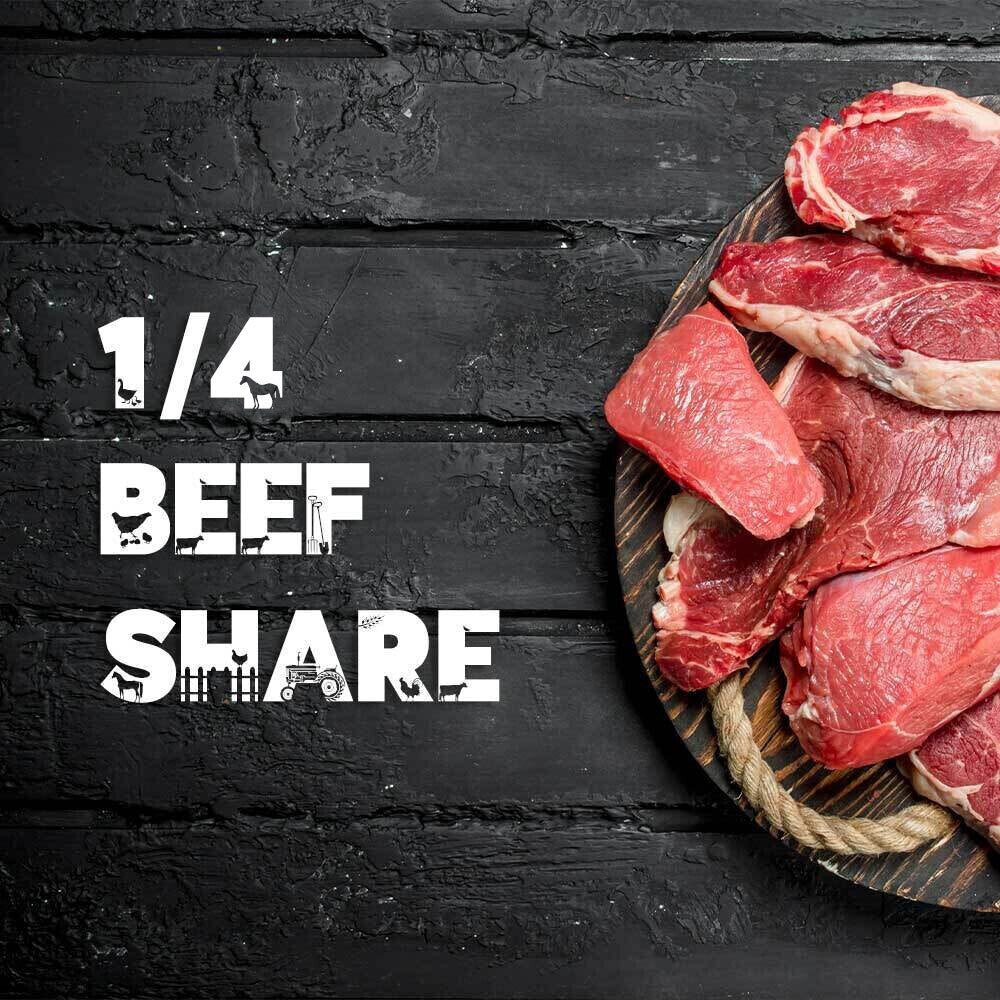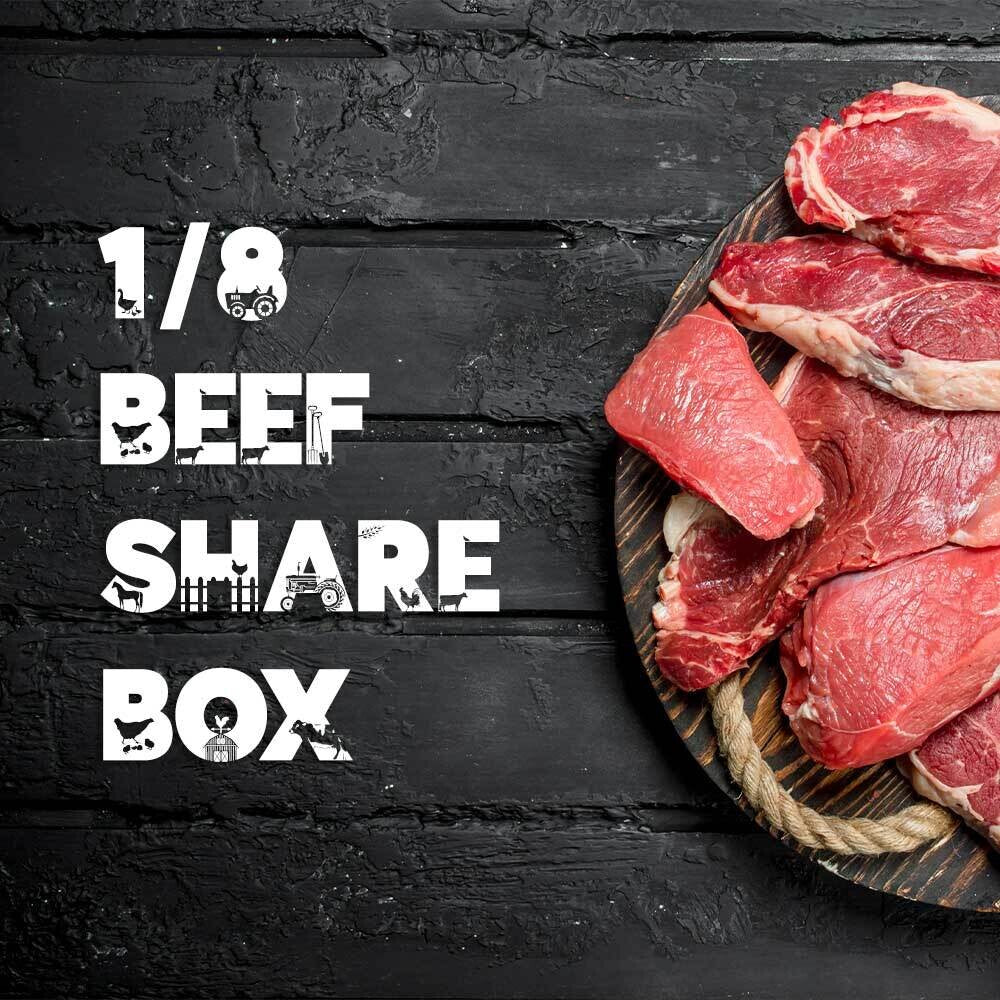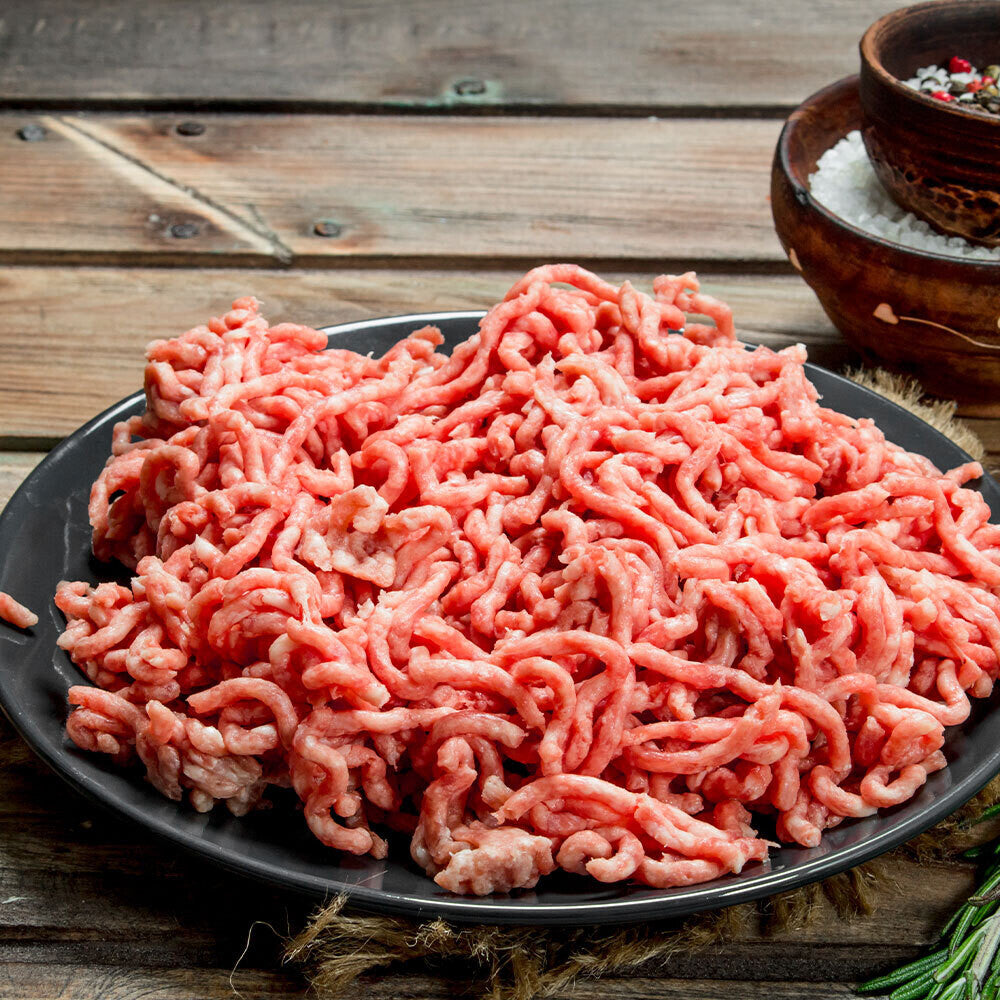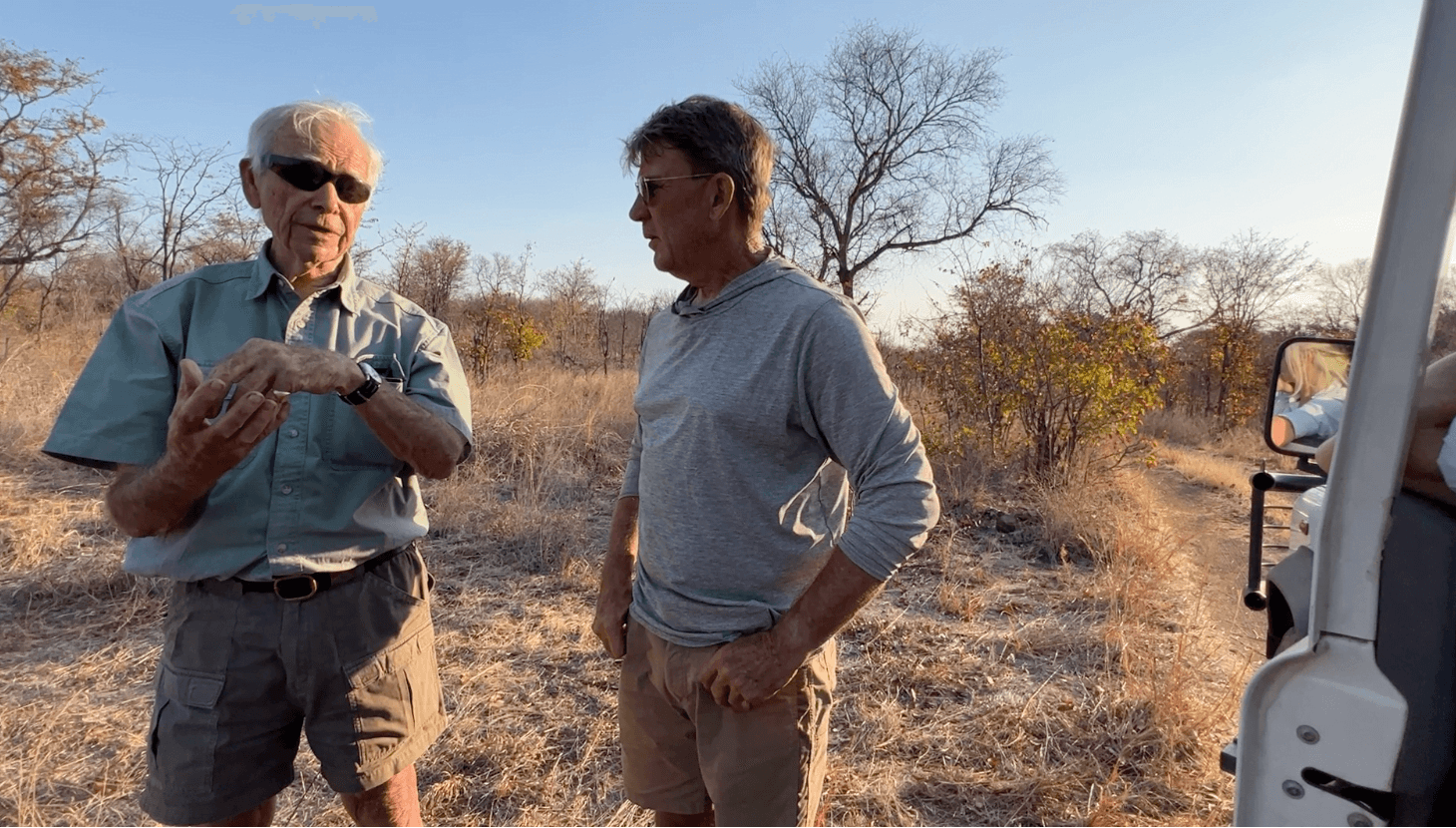
Alan Savory's Insights on Rainfall: Effective vs. Ineffective
At Tyner Pond Farm, our approach to regenerative farming is greatly influenced by Alan Savory and the Savory Institute. Their teachings on holistic management guide us in maintaining the health of our land and ensuring its long-term productivity and local food security. A critical aspect of this is understanding the concepts of effective and ineffective rainfall, as explained by Alan Savory.
Effective Rainfall
Effective rainfall is the type of precipitation that benefits the ecosystem. It is absorbed into the soil, promotes plant growth, and replenishes groundwater reserves. Key factors contribute to making rainfall effective:Healthy Soils:
Soils rich in organic matter and microorganisms enhance water infiltration and retention. Healthy soils act like sponges, absorbing rainwater and slowly releasing it to plants and groundwater.Ground Cover:
Vegetative cover, such as grasses and plants, protects the soil from erosion and helps maintain its structure. This cover slows down water flow, allowing more time for water to infiltrate the soil rather than running off the surface.Root Systems:
Extensive root systems create channels in the soil, improving its Porousness and ability to absorb water. Deep roots also help draw moisture from deeper soil layers, supporting plant growth during dry periods.Ineffective Rainfall
In contrast, ineffective rainfall is precipitation that fails to benefit the ecosystem. It often leads to surface runoff, erosion, and reduced water availability for plants. Key factors contributing to ineffective rainfall include:Soil Compaction:
Compacted soils have reduced porosity, preventing water from infiltrating. This leads to increased runoff and erosion, as water flows over the compacted surface instead of being absorbed.Bare Soil:
Exposed soil is highly susceptible to erosion and rapid water loss. Without vegetative cover, rainwater quickly runs off, taking valuable topsoil and nutrients with it.Poor Soil Structure:
Degraded soil structure, often a result of excessive tillage and chemical use, reduces the soil's ability to absorb and retain water, exacerbating runoff and erosion.Regenerative Agriculture and Managed Grazing
Regenerative agriculture and managed grazing are practices that create conditions for effective rainfall by improving soil health and water management.Managed Grazing
Rotational Grazing:
Moving livestock frequently to different pasture areas prevents overgrazing, allowing grass and other vegetation to recover. This maintains continuous ground cover and root growth, essential for effective rainfall.Soil Aeration:
Grazing animals naturally aerate the soil with their hooves, reducing compaction and improving water infiltration. Properly managed grazing systems mimic natural grazing patterns, promoting healthy soil and plant growth.Our Commitment to Holistic Management
At Tyner Pond Farm, our commitment to holistic management practices is deeply rooted in our collaboration with the Savory Institute. We focus on the interconnectedness of our farming practices with the broader ecosystem, aiming to enhance soil health, improve water management, and ensure long-term sustainability.Food Security and a Healthy Environment
We believe that a healthy environment is fundamental to long-term food security. By improving soil health and managing water effectively, we can ensure that our land remains productive and resilient against all challenges. Healthy soils are better at capturing and storing water, providing a buffer against droughts and reducing the need for irrigation and dependencies on chemical inputs.Local Food and Grass-Fed Beef
Our focus on producing high-quality, grass-fed beef through holistic, regenerative practices not only supports environmental health but also strengthens local food systems. By opting for locally produced, grass-fed beef, consumers can contribute to more sustainable farming that prioritizes the environment for food security. At Tyner Pond Farm, we are dedicated to practicing and promoting sustainable agriculture. Our close relationship with Alan Savory and the Savory Institute has guided us in understanding the critical role of effective rainfall in maintaining soil health and ensuring long-term food security. Through managed grazing and other regenerative practices, we aim to create a resilient and sustainable farming system that benefits our local community and the environment. By choosing grass-fed beef and supporting local food systems, you can join us in this mission for a healthier and more sustainable future.
Tags:
